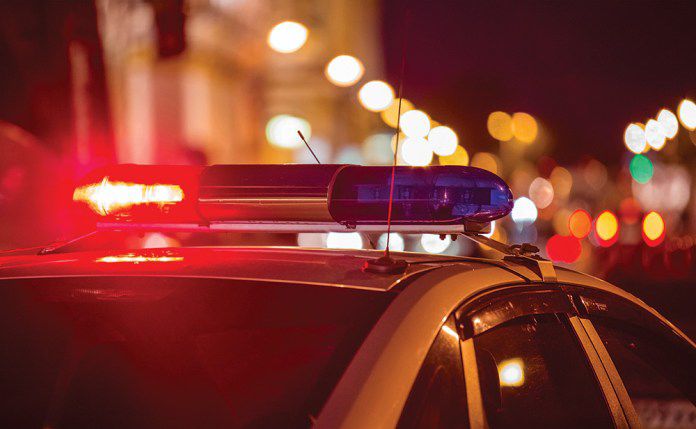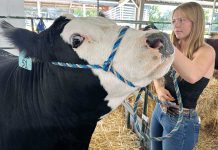Vehicle thefts in Morgan Hill have gone up dramatically since the Bay Area’s March 17 shelter-home order was enacted, though police can’t say definitively if the increase is related to the current public health directives.
From March 17 to April 8, a total of 16 vehicles have been reported stolen in the city limits, according to Morgan Hill Police Sgt. Bill Norman. That’s a 129-percent increase from the same period in 2019, when seven vehicles were stolen.
Norman said vehicle thefts are the “only significant” increase in any category of crime since the shelter-at-home orders were enacted, Norman said.
Officers investigate ‘non-essential’ complaints
Morgan Hill Police have received about 80 complaints of non-essential businesses operating in violation of health officials’ stay-at-home orders, but none of those investigations have resulted in enforcement action.
“We haven’t had to issue any citations,” Norman said. “We have issued several warnings. Everyone has been cooperative.”
The Santa Clara County District Attorney operates a hotline where residents can report businesses staying open in violation of public health orders that prohibit public gatherings and mandate “social distancing” protocols. The purpose of the closure of “non-essential” business is to limit the presence of people congregating in tight spaces, thereby reducing the spread of COVID-19, according to authorities.
Norman noted there is some “gray area” in the wording of the county public health officer’s orders, which can make it unclear to an employer or business owner if they are required to close up shop.
Norman said “all sorts of businesses” have been the subject of various complaints in Morgan Hill.
Beware of scams
Police are cautioning residents not to fall victim to scam attempts, which have been on the rise since the coronavirus crisis started.
A social media post by the Morgan Hill Police Department warns, “DO NOT click on phishing emails, links, or attachments you don’t recognize; hackers may be able to access your personal information if you click, open, or log in to a fake page. You may receive emails from fraudulent accounts impersonating official websites or doctors.”
Residents are also cautioned to ignore online offers claiming to sell COVID-19 cures, medicine or treatment. MHPD wrote that the federal Centers for Disease Control has stated that there is no vaccine for COVID-19.
Online scammers also might try to sell personal protection products that are not as safe as they claim. “Please purchase from businesses you trust,” reads the MHPD’s April 14 post.
The MHPD post continues: “There are scammers seeking contributions via emails or going door to door. At this time, CDC is not sending persons door to door for cash or soliciting donations through bitcoin or PayPal. DO NOT REPLY to unsolicited text messages or calls offering to help process a stimulus payment. DO NOT SEND MONEY to anyone claiming you have a relative in hospital in need of emergency treatment. Scammers are pretending to be insurance carriers or even doctors as they call for bank details.”








